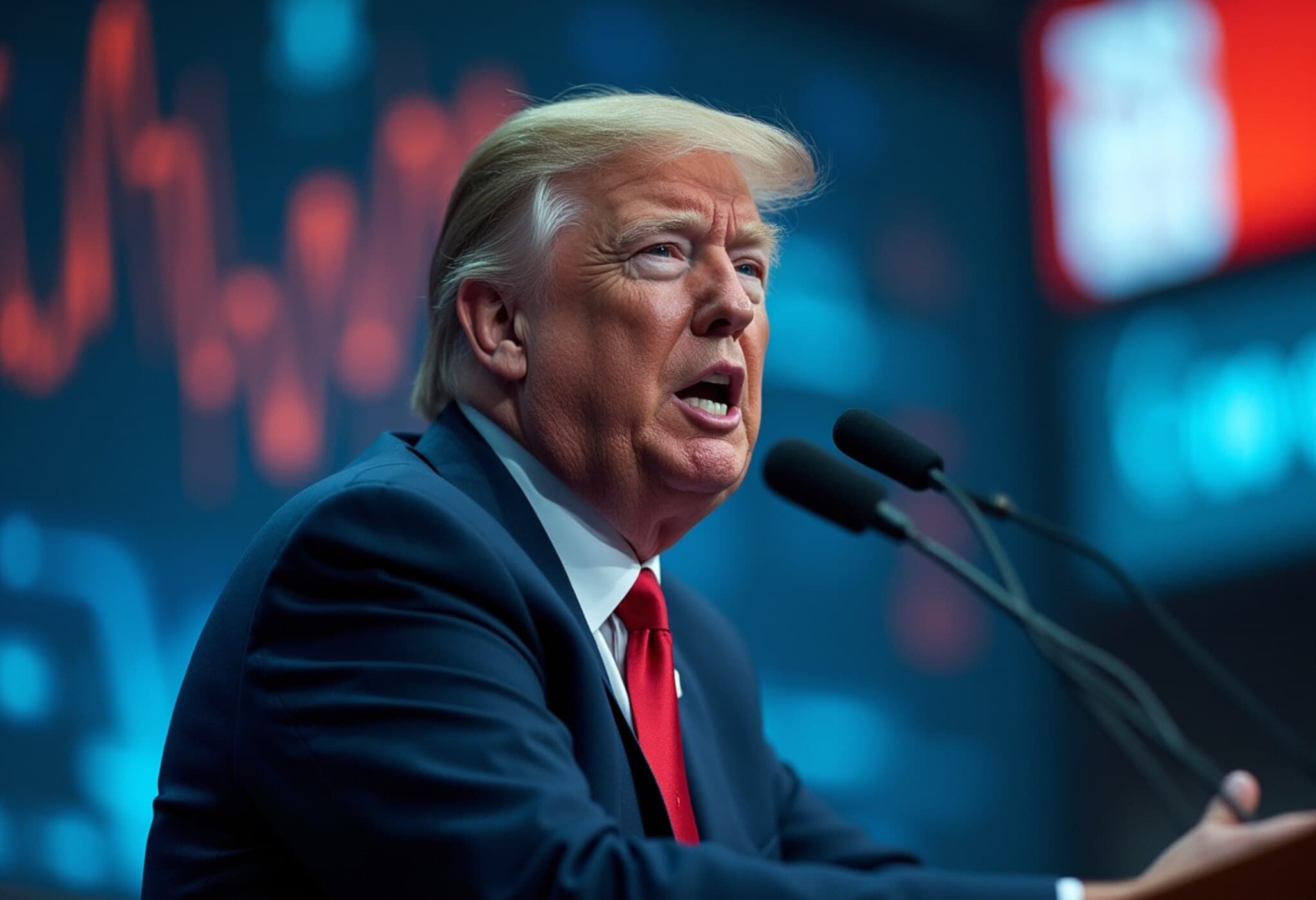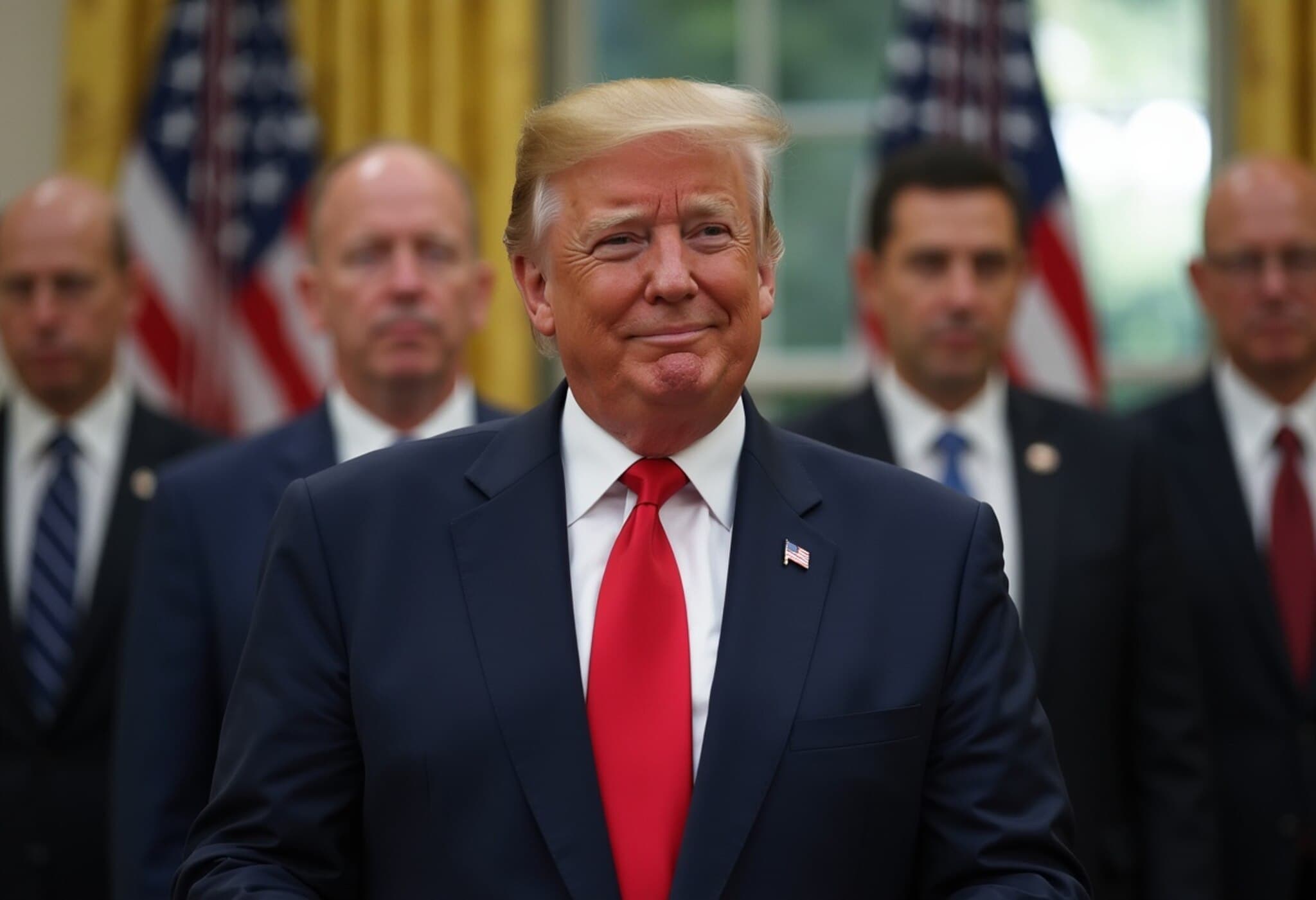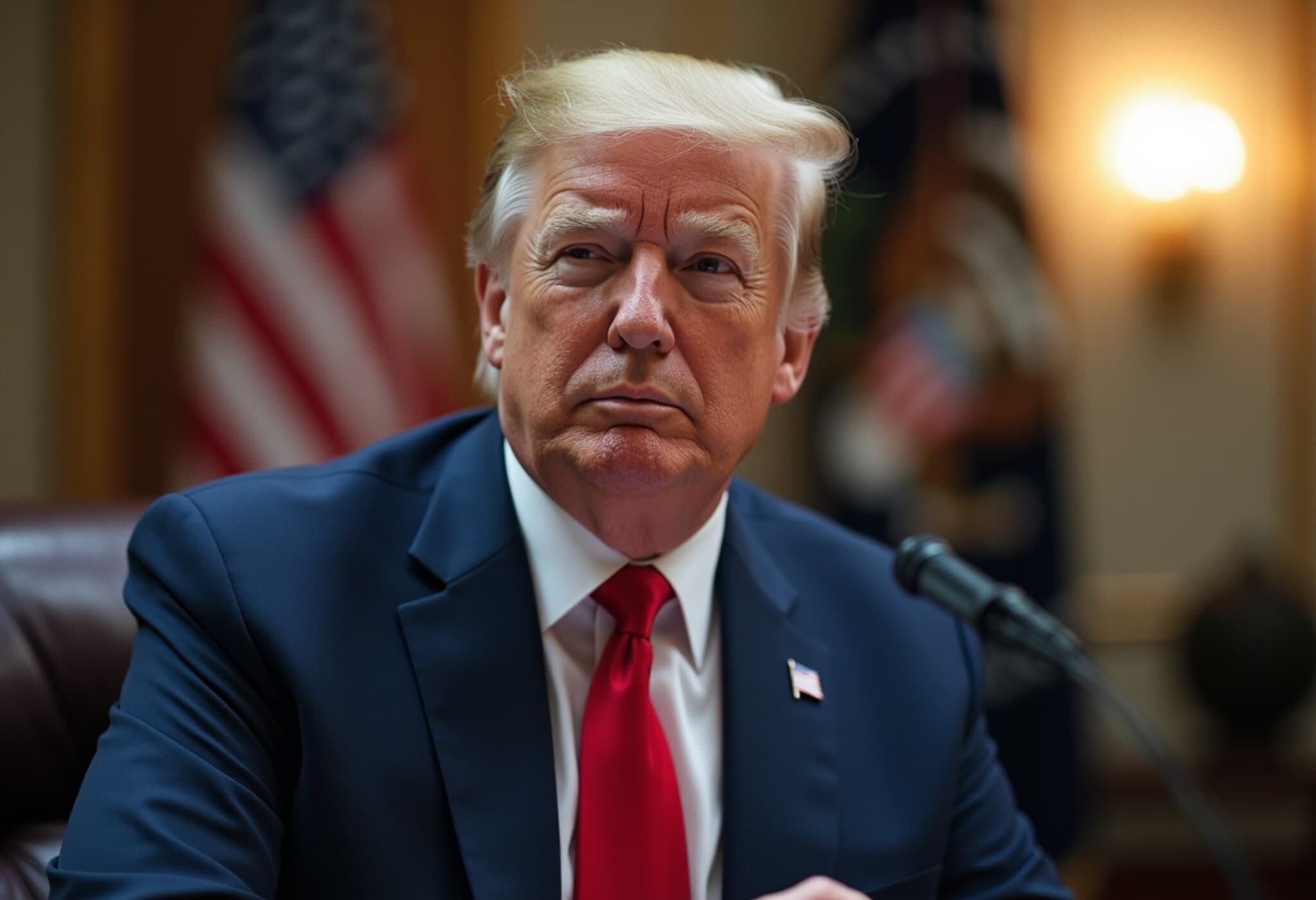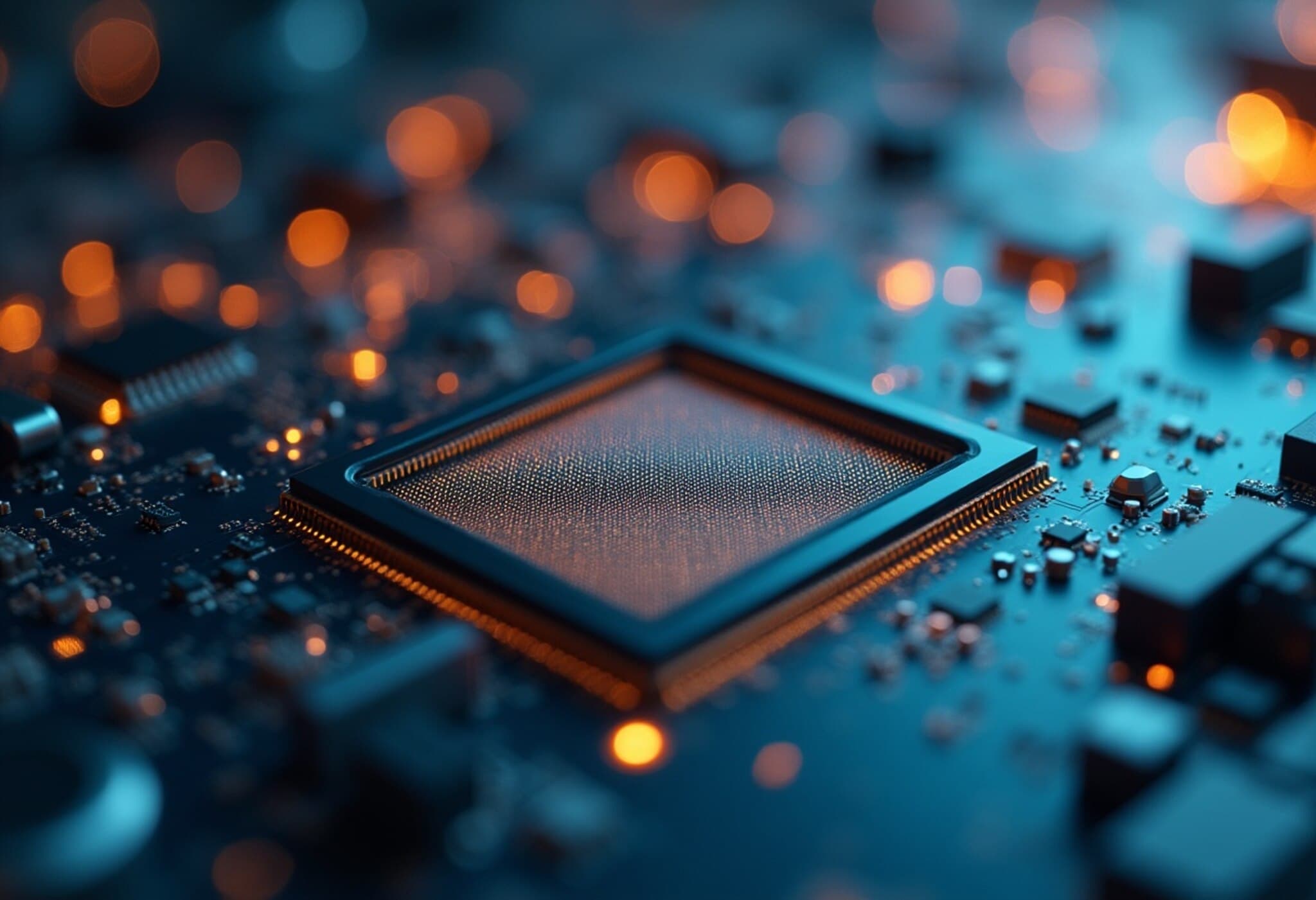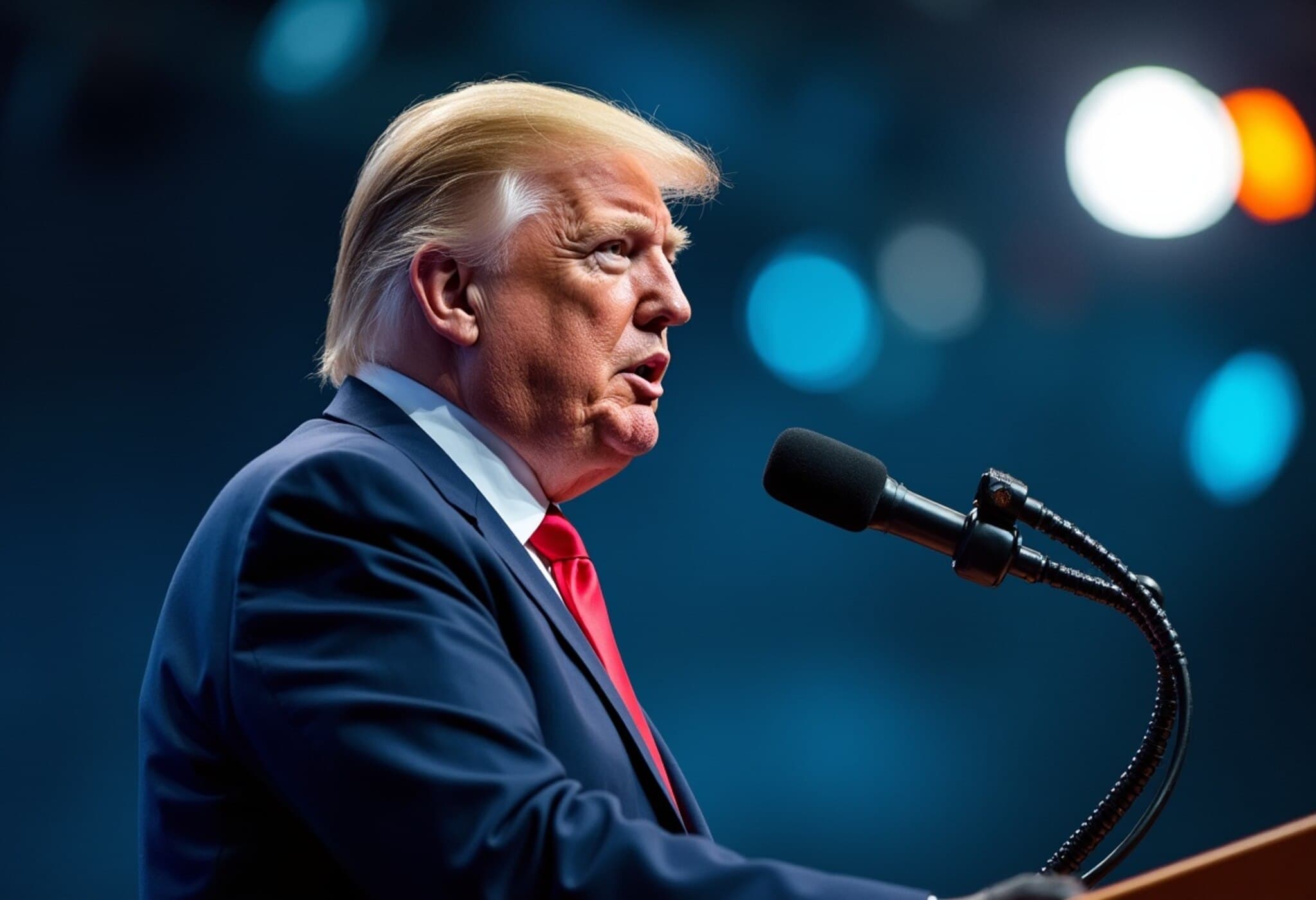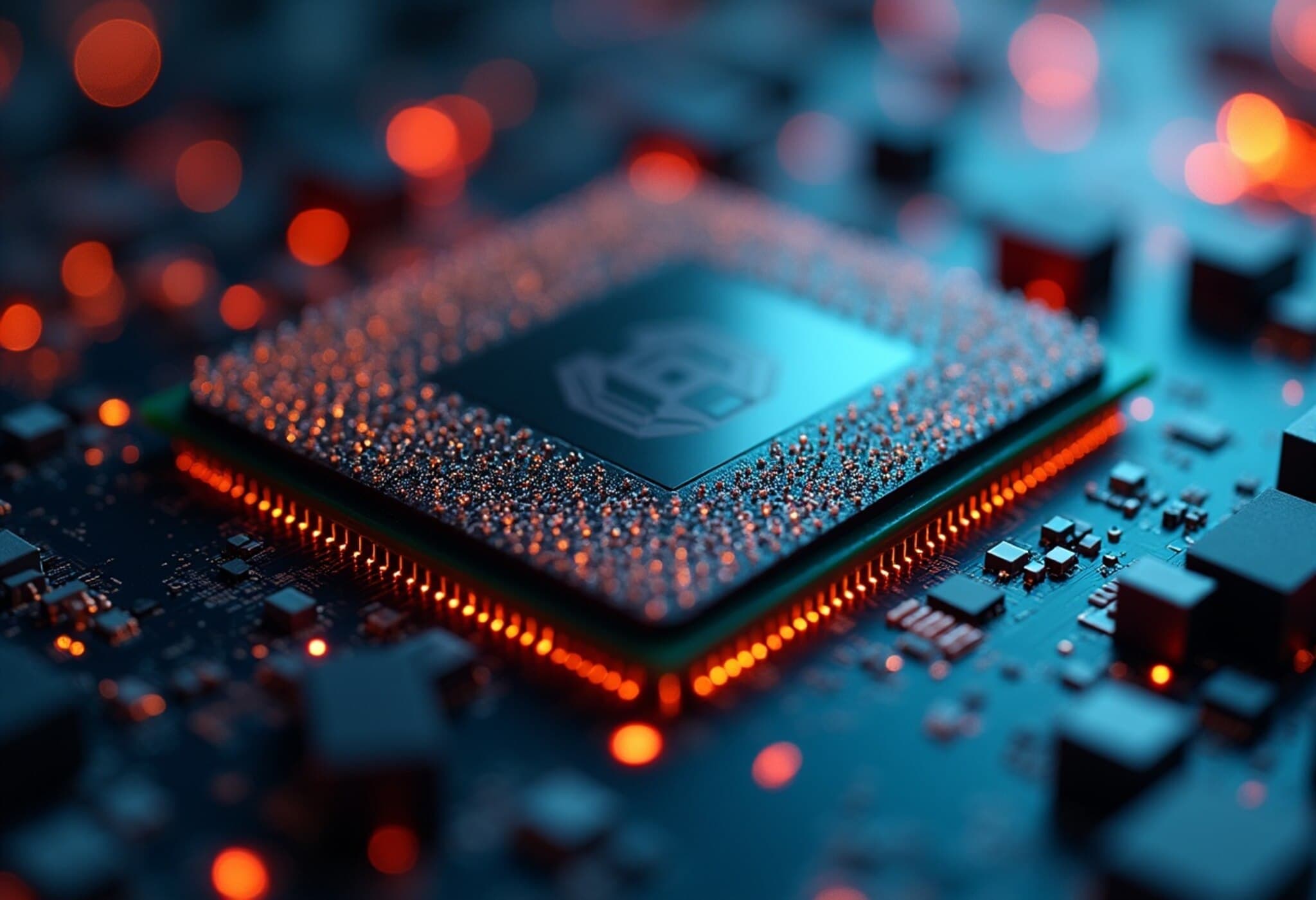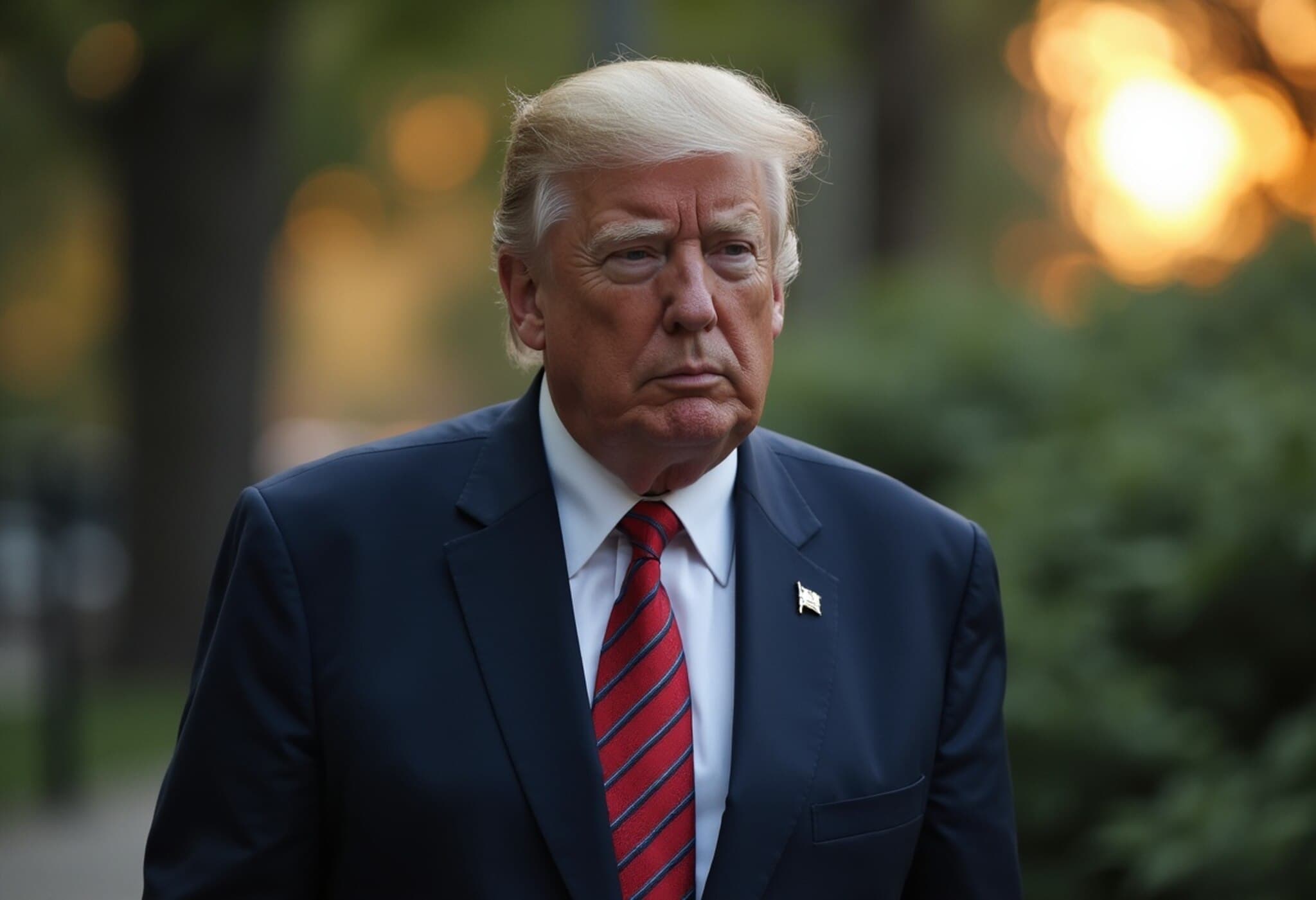Intel Stock Falls Amid Political Pressure on CEO Lip-Bu Tan
Intel's shares took a notable hit on Thursday following a public call from former President Donald Trump urging the chipmaker's CEO, Lip-Bu Tan, to step down immediately. This development adds to rising tensions around Intel's leadership and geopolitical concerns influencing tech stocks in 2025.
Trump’s Accusation and Market Reaction
In a forceful post on his social media platform Truth Social, Trump accused Tan of having a serious conflict of interest, stating that "there is no other solution to this problem" but his immediate resignation. The sharp commentary rattled investors, pushing Intel's premarket shares down by nearly 5% as the market reacted swiftly to the political intervention.
Background on Lip-Bu Tan and Intel's Leadership Shifts
Lip-Bu Tan took the helm as Intel CEO in March 2025, stepping in to steer the company after a period of sluggish sales and strategic uncertainty under his predecessor, Pat Gelsinger. Tan's appointment was initially seen as a move to revitalize Intel’s competitive edge amid intense global semiconductor competition.
Concerns Over International Ties and Security Risks
Trump's attack echoes concerns previously raised by U.S. Senator Tom Cotton, a Republican from Arkansas, who scrutinized Tan’s connections to Chinese enterprises. Cotton’s questioning touched on Tan's former leadership roles, including a noteworthy tenure at a company involved in a past criminal investigation before 2021.
According to Reuters, the senator expressed apprehension about "the security and integrity of Intel’s operations and its potential impact on U.S. national security". These remarks highlight broader worries within Washington about the intersection between global technology firms and geopolitical risks.
Why This Matters: The Geopolitics of Tech Leadership
Intel’s challenges are emblematic of the increasing scrutiny faced by U.S. tech giants whose leadership or operations bear international ties—particularly with China—amid rising U.S.-China tensions. The semiconductor industry, foundational for everything from consumer electronics to defense systems, is often viewed as a vital arena for national security interests.
Moreover, Trump’s direct involvement signals how political narratives continue to impact corporate governance discussions and investor confidence. It raises critical questions about how publicly traded companies should manage geopolitical risks and internal leadership vetting in an era where such factors can sway markets immediately.
Looking Ahead: What to Watch for Intel and the Semiconductor Sector
- Intel’s response: The company has yet to issue an official statement addressing Trump's demands or the security concerns flagged by Senator Cotton, leaving investors in wait-and-see mode.
- Regulatory scrutiny: Potential inquiries or investigations into Intel’s executive backgrounds could escalate scrutiny on multinational corporate governance and national security compliance.
- Market volatility: Intel's stock moves may become more sensitive to political commentary, with investor confidence tied not just to financial performance but geopolitical stability.
Editor’s Note
As Intel navigates this complex interplay between leadership controversies and geopolitical tensions, this episode underscores a growing reality: global tech companies operate at the crossroads of business innovation and national security concerns. This situation invites readers to consider how politics shape corporate destinies and the semiconductor industry's future amidst an increasingly partisan global landscape. For investors and policy watchers alike, Intel’s unfolding story is a case study in how leadership credibility and geopolitical context coexist to influence market dynamics.

